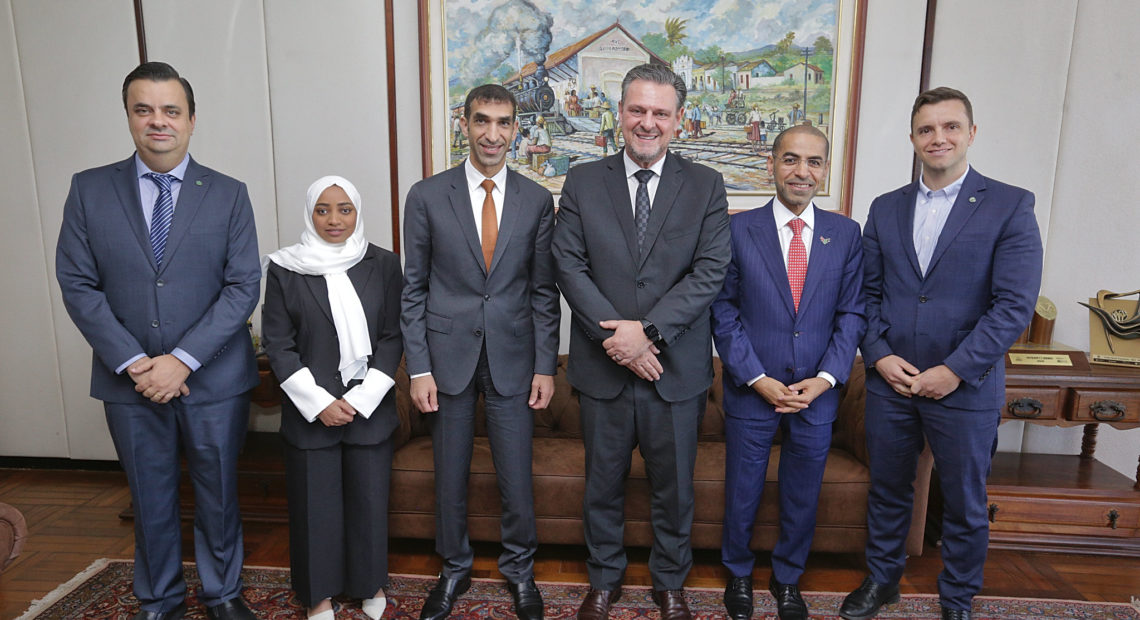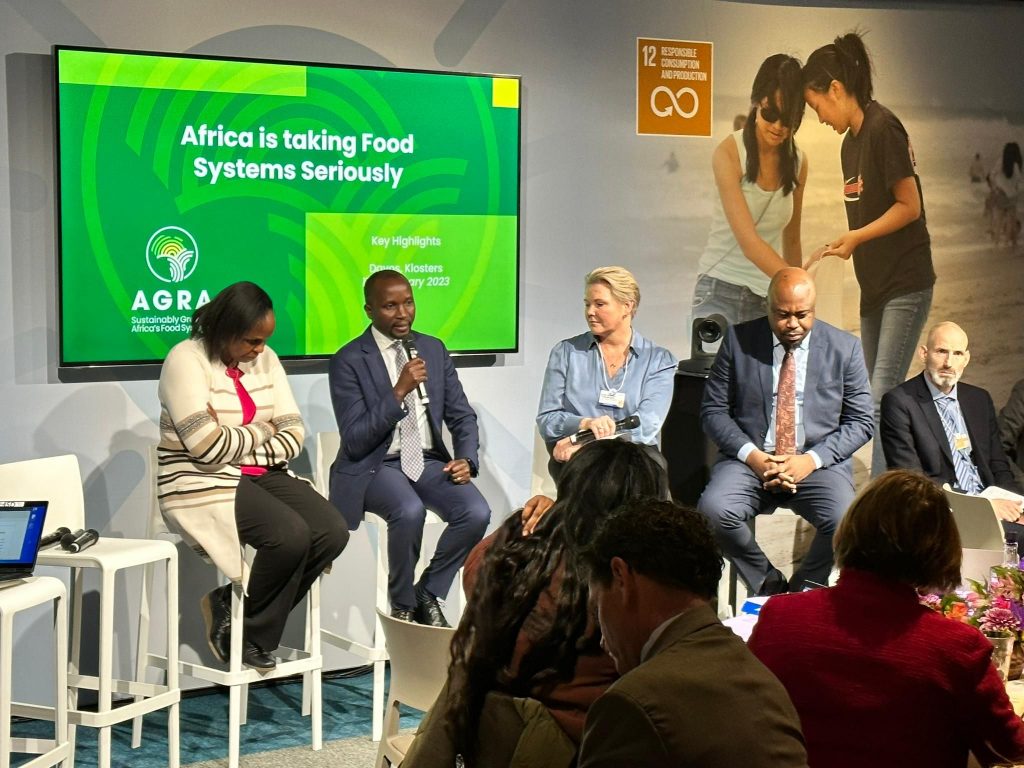Since the news of Pakistan granting MFN (most favoured nation) status to India has broken, a trail of complaints against the ill conceived policies of government have begun making round. One dilemma that has confounded the agriculturists is the discrepancy that exists between India and Pakistan over the cost of producing agricultural goods. With energy crisis almost eclipsing the industrial sector of Pakistan, there is little room left to think about manoeuvring a country like India, where targeted subsidies and efficient supply of fuel has helped it expand globally. Looking into the discourse so far held by the farmers associations of Pakistan, among themselves and with the government, the fear of contestability looms large. As put by the former finance minister of Pakistan during his recent visit to Lahore Chamber of Commerce, Pakistan can start growing at the rate of 5 per cent annually without delay, only if it could redo its policy frameworks and its leadership becomes serious in straightening country’s economic indicators that they have dabbled with. One can always make a case for development in the face of MFN thinking and ultimately believe that today’s economy is all about comparative advantage; with resources getting scarce. One cannot hinge on egoistic production probability frontiers because one has to define new points and new shifts for productive reasons and growth opportunities. We have a window of opportunity open in MFN, in agriculture sector, only if we narrow it down to the livestock, vegetable and fruit sectors and see how we could make it favourable, especially the meat epicentre.
Trade with India is not a new phenomenon
On the heels of Australia, New Zealand and Canada, India has captured a large share of Halal meat market globally. Though India is exporting Halal meat of all categories from poultry to red meat, it is buffalo meat that has earned India a lucrative market and burgeoning revenue. On an estimate between 1999-2009 India’s buffalo meat export has risen from 160,000 tonne to 650,000 tonnes. India’s exporting partners could be many, but China and Africa rank among the top two. The reason behind India’s success story is its livestock health status, the certainty of Halal compliance and of course competitive pricing. What made Pakistan languish for years in the corridors of this vital sector, achieving so far only one per cent share in the $650 billion market? “Nothing, but lack of political will and the vision to grow beyond self interest, “says CEO Punjab Agriculture and Meat Company, Mr Hamid Jalil. “Trade with India would not be a new phenomenon; we are already engaged with Indian market through SAFTA and on many occasions, indirectly as well. By providing MFN status to India, the informal trade would become formalised to a certain extent, adding into the tax pile”.
MFN can give us breathing space
Though, I do not see any exponential benefit out of this new arrangement to Halal meat market, there is some invisible support that could come handy. Being a nascent market, Pakistan has yet to build and streamline the infrastructural support of livestock. The supply line needs unravelling and a thorough overhauling. There is a huge demand and supply gap. Our farming practises are also antiquating. This scenario provides one opportunity wherein, we could benefit from the export of Indian buffalo meat to Pakistan. With MFN anchoring the trade, this export could be used for the time as leverage, filling the demand gap, unless we get away with our supply side issues. We can fill in our orders abroad while formalising things at home. Pakistani importers are already practicing this deal: let’s do it formally. Presently we are pressing upon our farmer to let the buffalo male calf survive till the age of six months and beyond so that a substantial quantity of meat can be taken from each animal. We are aiming at a behaviour shift, to create awareness about the difference between dairy and beef breed animals. For this, we have to make the farmer understand that beef quality could only be ensured if cows and buffalos are raised specifically for flesh purposes. We have to make them realise that a dual purpose approach, that is milking and slaughtering the cow once the carrier period is over, leads to diminishing market response and thus, uncompetitive pricing. Attaining this change would obviously take time; meanwhile, Indian export could be used to retain orders. Another best option would be, if we could import live cows from India, which I doubt the Indian law would permit. Though, World Trade Organisation too does not allow trade of live animals between countries within a region having foot and mouth disease endemic, however, by following quarantine rules at the port, this issue can be resolved and permission can be sought. But we should keep this in mind that other than cows, any easy flow of live animals to Pakistan would badly affect local livestock market.
India’s vegetable and fruit market
The paranoia that MFN has bought Pakistani agriculturist is due to the fact that we have regressed at all economic fronts, whereas, the world has gone ahead into new and advanced ventures. As rightly said by Dr Hamid, “We need to get federal at every level, even at the fiscal level; let district define their economic fate, by that I mean, every district should have a hand on its economic pulse. It should provide for its needs through indigenous resources. If you come to think of it, India by a wide margin, is a vegetarian country, in this respect, Pakistani vegetable and fruit market has a lot of trading potential with India. If we can make our land fertile to an extent that every cultivable land of this country is given to production, the trading prospects could do wonders.” Supporting Dr Hamid’s argument the Chief Executive Officer Khan Trading Company, Khalid Khan said that, “India could become a large market for Pakistani Kinow (oranges). According to an estimate, Pakistan can export 400,000 tonnes of Kinow to India, annually. This export would fetch $1.2 billion in the next two years.”
Pakistan could tap on Halal food market
Even though our cost of production is terrible, we have to understand that development is a dependent variable; it cannot take place independently. South Asia is the world’s largest populated area of the world today, with a high density of youth as well as Muslim population. The growing concept of Halal food is stretching itself to cover all that could be made Muslim in its texture, contour and chemistry. In Halal meat, the entire line of action through which an animal is brought up is supposed to be Islamic in nature. Exploiting this key point, Pakistan can make its niche as the only pure and real Halal meat producer, since we are by all means feeding our animals on organic food, unlike India that has adulterated feeding combination. Once we are in alliance perhaps, the perceptual disharmony would cease to make collaboration difficult and let each other grow in our areas of specialisations.
India’s high-tech farming
We cannot deny the fact that an Indian farmer is far more educated than a Pakistani farmer; his decisions are usually timely and effective. The major reason for this success goes to the IT industry that has placed India high on the pedestal of international business community. Free trade and frequent interactions could result in making our farming high-tech too with lesser cost, due to proximity of the two countries. Information on agro processing industries, aqua culture units, animal husbandry, floriculture, etc could give farmers the diversity that they need in making intelligent decisions and influencing policy making. Certainly, the cost of production in Pakistan has shot up exorbitantly, and the government of Pakistan needs to look at it seriously, especially when trade within such a close proximity is in view. However, if we shift the focus, try seeing India not an enemy, and most importantly become a friend to our own selves. MFN and the ensuing complaints would begin looking more like opportunities.
Durdana Najam is a freelance feature writer, currently doing MS in Governance and Public Policy from FC College, Lahore. She can be reached at durdananajam456@hotmail.com



